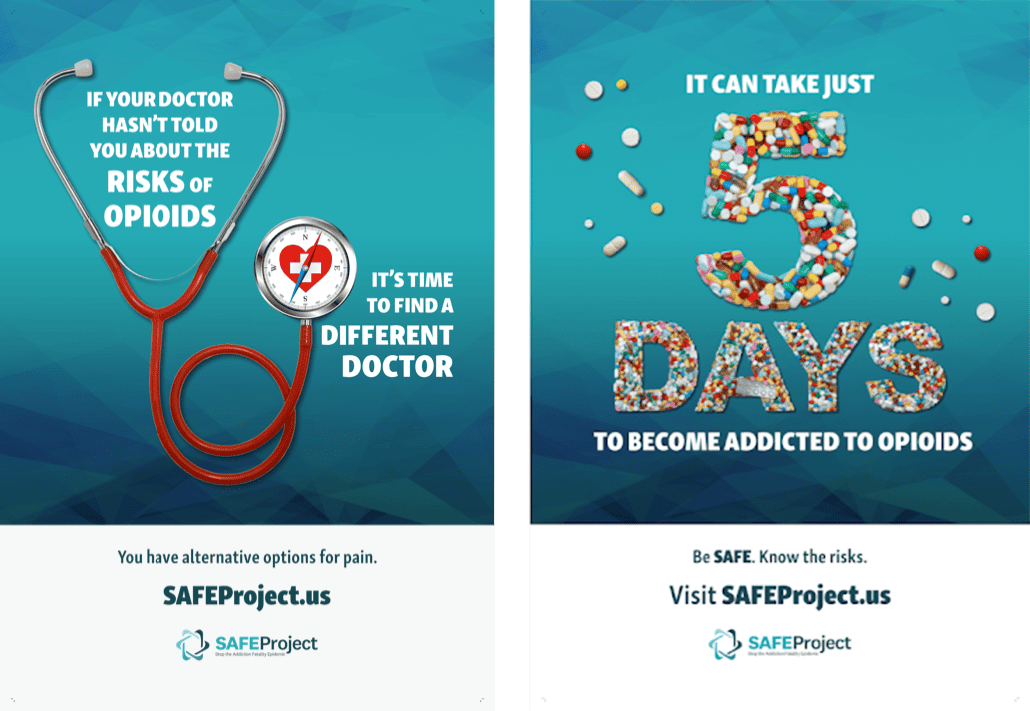Full-Spectrum Prevention focuses on saving lives through training and programs to reduce the number of people engaging in substance use disorder. Whether it’s training communities with our innovative Bridging Prevention & Recovery program or bringing student-driven program to schools, these efforts help strengthen resilience with evidence-based practices.
page



